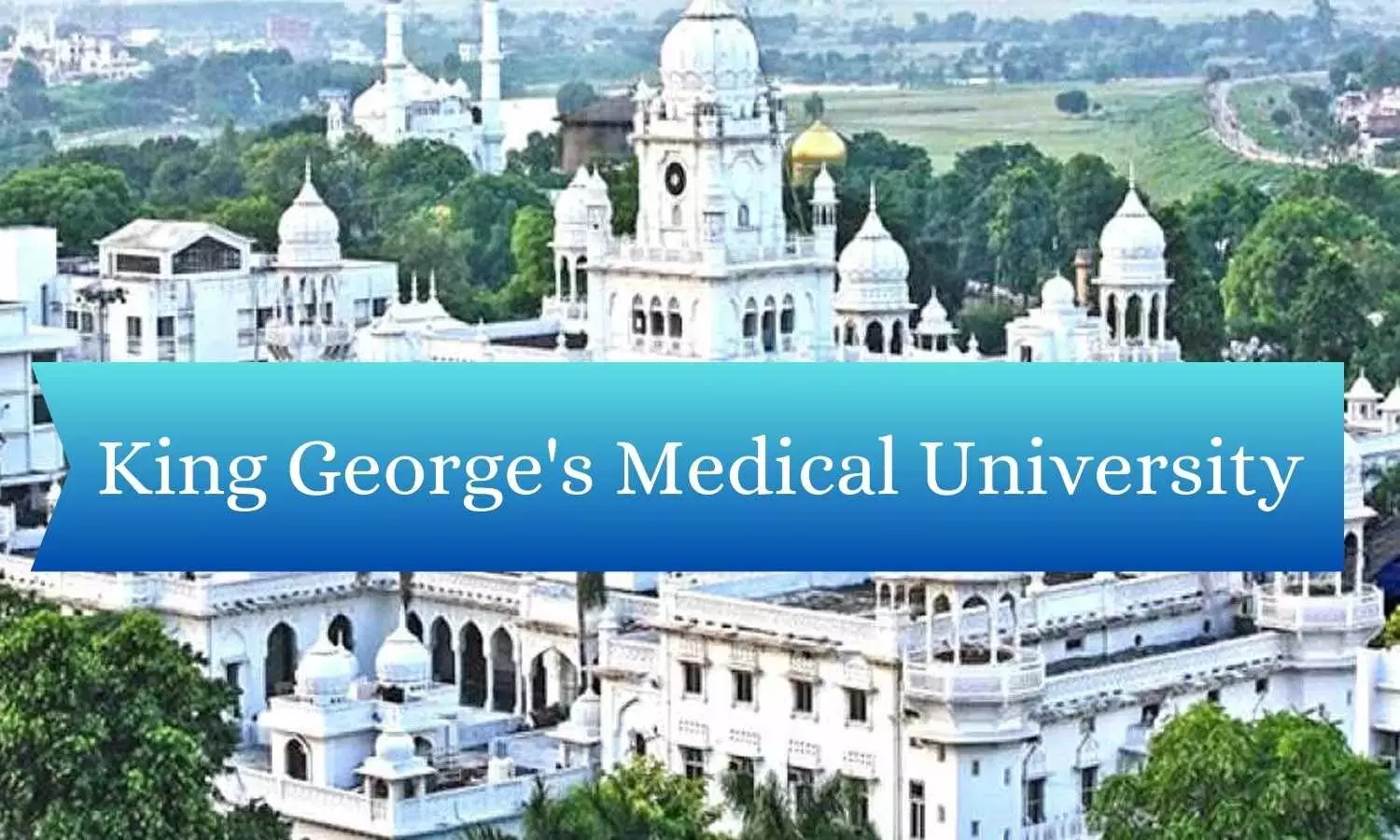KGMU doctors perform arthroscopic procedure on 20-year-old patient suffering from hip synovial chondromatosis

Lucknow: The Department of Sports Medicine at state-run King George’s Medical University (KGMU) has introduced a minimally invasive surgical technique to address a rare and debilitating hip condition known as hip synovial chondromatosis. Affecting only one in a lakh individuals, this condition causes severe pain and mobility limitations.
This innovative approach, a first for the city, promises to spare patients the risks associated with traditional open surgery, according to experts.
Recently, the department successfully performed an arthroscopic procedure on a 20-year-old patient named Himanshu Singh, who had been struggling with the condition for three years. Despite seeking consultations with orthopaedic specialists previously, Singh’s condition had remained undiagnosed.
Also Read:KGMU to kickstart its kidney transplant programme, once again
Sports medicine faculty, Prof. Abhishek Saini said that the hip joint’s lining, the synovium, typically secretes fluid to lubricate the joint and facilitate smooth movement. However, in synovial chondromatosis, the synovium malfunctions, leading to the growth of abnormal cartilage, which can break loose and make pebble-like structures, reports IANS.
Patients afflicted with this condition often encounter abrupt joint locking, excruciating pain, and difficulties performing routine activities such as sitting cross-legged or walking.
Unfortunately, conventional X-rays may not always detect this condition, resulting in a misdiagnosis.
Furthermore, traditional open surgery for this ailment may jeopardise the hip’s blood supply, potentially necessitating joint replacement in the future.
According to an IANS report, Saini explained, “Arthroscopy allows surgeons to visualise and operate inside the joint through small incisions. It is an effective method for removing loose cartilage fragments and other aberrant tissues, thereby alleviating pain and enhancing joint mobility”.
The introduction of this minimally invasive technique underscores KGMU’s commitment to advancing medical care and providing innovative solutions for complex orthopaedic conditions, ultimately enhancing the quality of life.



